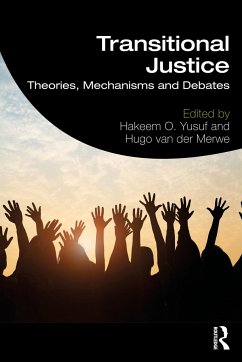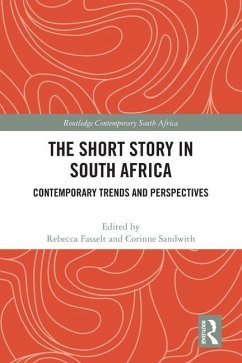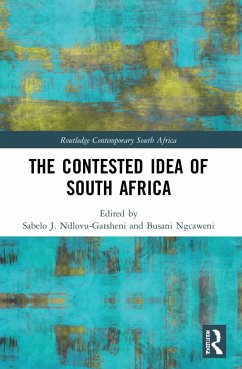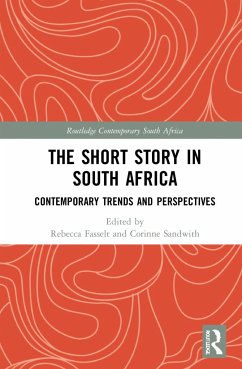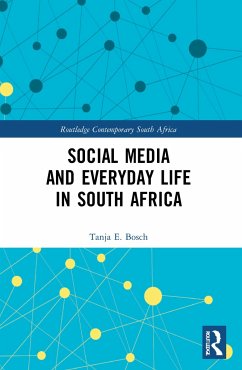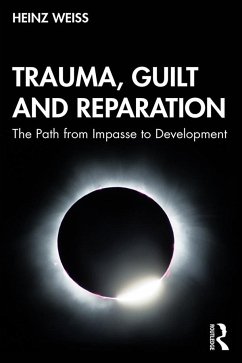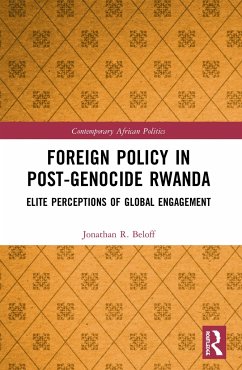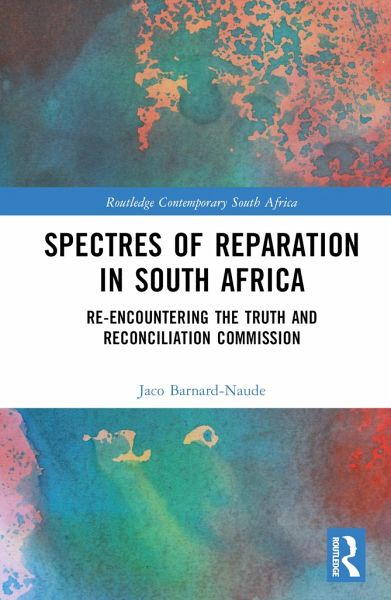
Spectres of Reparation in South Africa
Re-encountering the Truth and Reconciliation Commission
Versandkostenfrei!
Versandfertig in 6-10 Tagen
144,99 €
inkl. MwSt.
Weitere Ausgaben:

PAYBACK Punkte
72 °P sammeln!
This book argues that South Africa is haunted by the spectre of reparation. The failure of the South African Truth and Reconciliation Commission to secure adequate reparation for the victims of colonisation and apartheid continues to drastically undermine the commission's processes and legacy.Investigating the TRC's key processes of amnesty, archiving and forgiveness in turn, the book demonstrates that each process is fundamentally thwarted by the terminal lack of reparation. These multiple forms of the spectre of reparation haunt post-apartheid society in deeply traumatogenic ways. The book p...
This book argues that South Africa is haunted by the spectre of reparation. The failure of the South African Truth and Reconciliation Commission to secure adequate reparation for the victims of colonisation and apartheid continues to drastically undermine the commission's processes and legacy.
Investigating the TRC's key processes of amnesty, archiving and forgiveness in turn, the book demonstrates that each process is fundamentally thwarted by the terminal lack of reparation. These multiple forms of the spectre of reparation haunt post-apartheid society in deeply traumatogenic ways. The book proposes a new ethic of "reparative citizenship" as a means of encountering the spectres of reparation in a productive and transformative manner, generating hope even in the face of the irreparable.
This book will be an important read for South Africans interested in overcoming the impasses and injustices that haunt the country, but it will also be of interest to post-conflict transitional justice and politics researchers more broadly.
Investigating the TRC's key processes of amnesty, archiving and forgiveness in turn, the book demonstrates that each process is fundamentally thwarted by the terminal lack of reparation. These multiple forms of the spectre of reparation haunt post-apartheid society in deeply traumatogenic ways. The book proposes a new ethic of "reparative citizenship" as a means of encountering the spectres of reparation in a productive and transformative manner, generating hope even in the face of the irreparable.
This book will be an important read for South Africans interested in overcoming the impasses and injustices that haunt the country, but it will also be of interest to post-conflict transitional justice and politics researchers more broadly.




